
Many couples come to treatment with
the issues of having hard conversations.
They don't know how to give and receive feedback
in a way that
moves the process forward.
Most of the time the issues are not in having the
'hard conversations'
but in normalizing discomfort
when couples engage in these conversations.
Taking in what the other person is saying,
in the discomfort,
and listening rather than defending
is hard.
Trusting the other person will then in turn listen to you
becomes a challenge as well.
Trust and empathy are the
highest values in commun ication
and shame and blame
postures do not work
for successful communication.
Normalizing discomfort is a critical shame resilient strategy.
What are our common struggles?
The culture of honest construction and engaged feedback
while turning towards our partner with empathy
is the nature of deeper communication.
Vulnerability is at the
heart of the feedback process.
One of the biggest mistakes couples make in
discussing issues involving discomfort
is 'armoring up.'
To protect ourselves from pain we defend.
Honest engagement
around expectations and behavior
is often fraught with uncertainty, risk,
and emotional exposure for everyone involved.
How would it be different if each partner
took some of the following positions?
I know I am ready to hear feedback when:
I am ready to sit next to you rather than across from you.
I am willing to put the problem in front of us rather than between us,
and not slide it towards you.
I am ready to listen, ask questions, and accept
that I may not fully understand the issue.
I can recognize your strengths and how you
can use them to address our challenge.
I can hold you accountable without blaming you.
I am willing to own my part.
I am going to thank you for trying rather
than criticize you for your failings.
I believe by talking about how to resolve our challenges
will lead to our growth as a couple.
I can model vulnerability and openness
that I want to get from you too.
Brene Brown - Daring Greatly
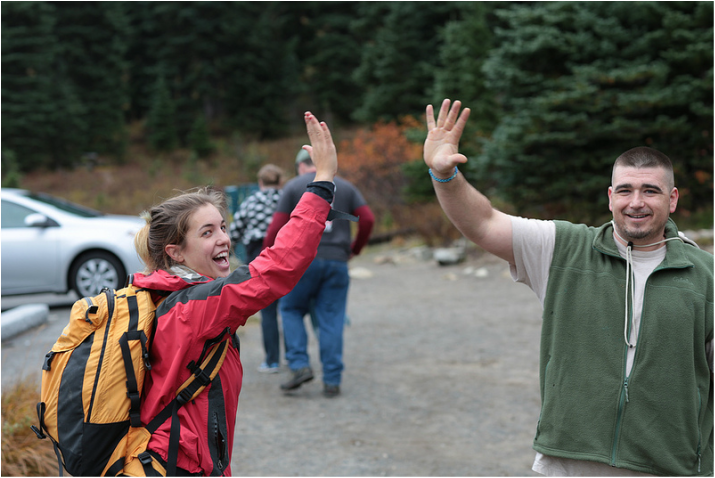

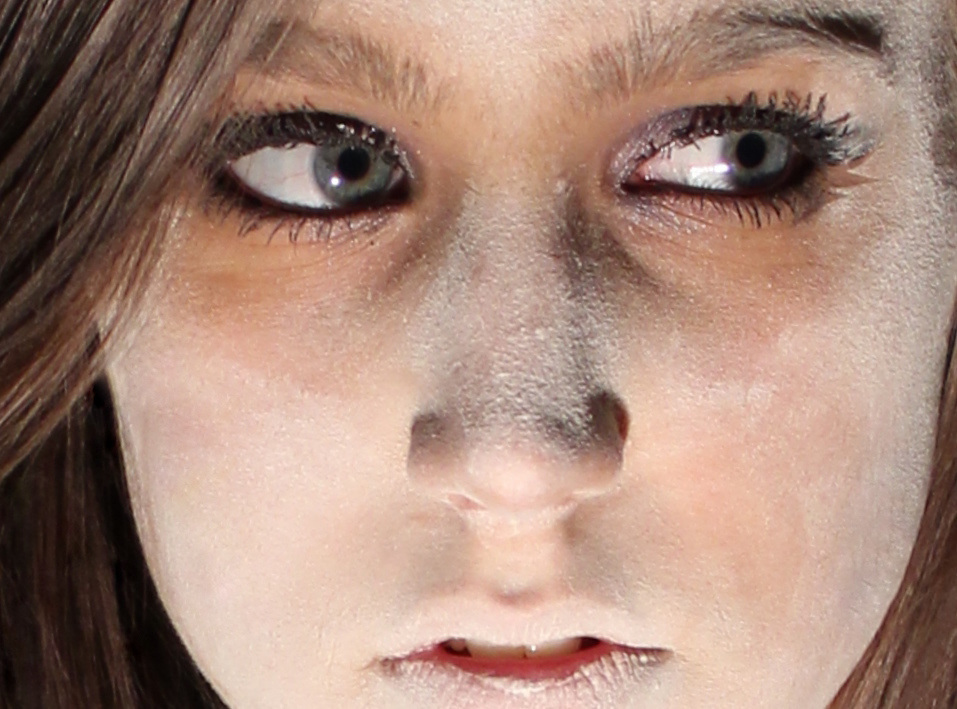
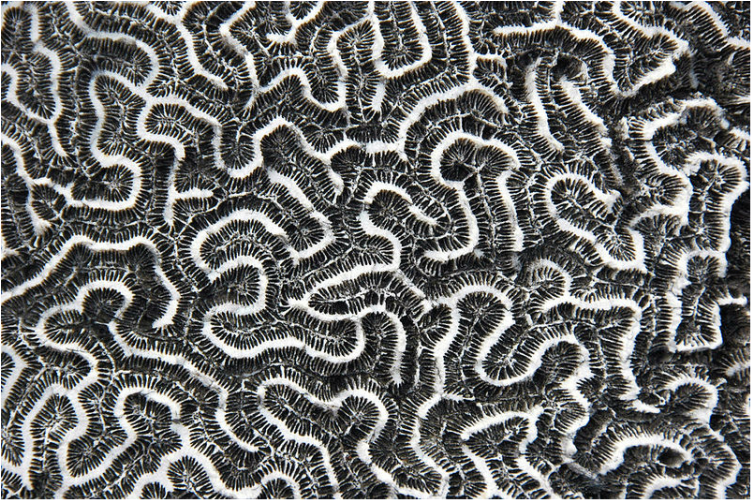
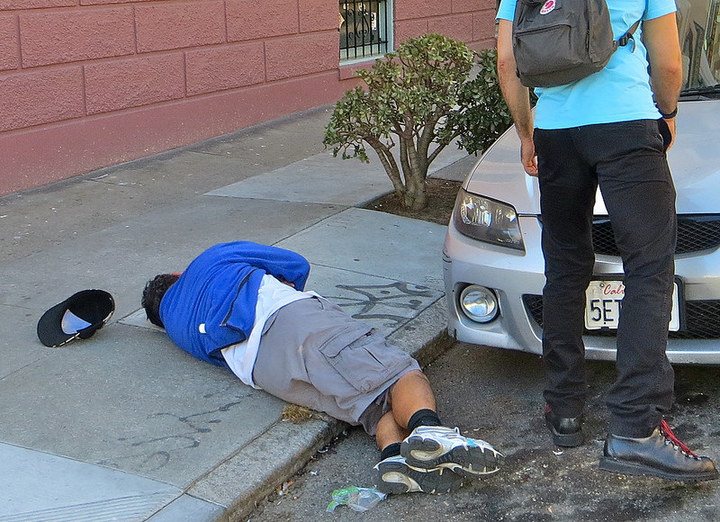
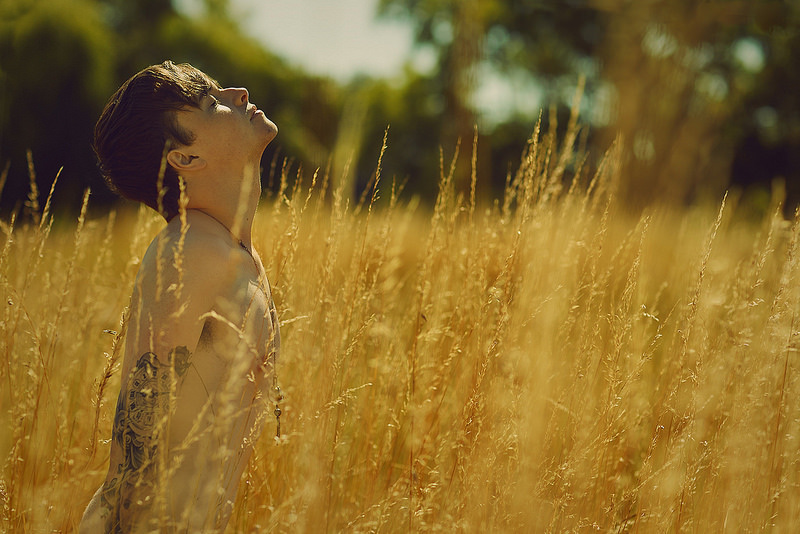


 RSS Feed
RSS Feed
